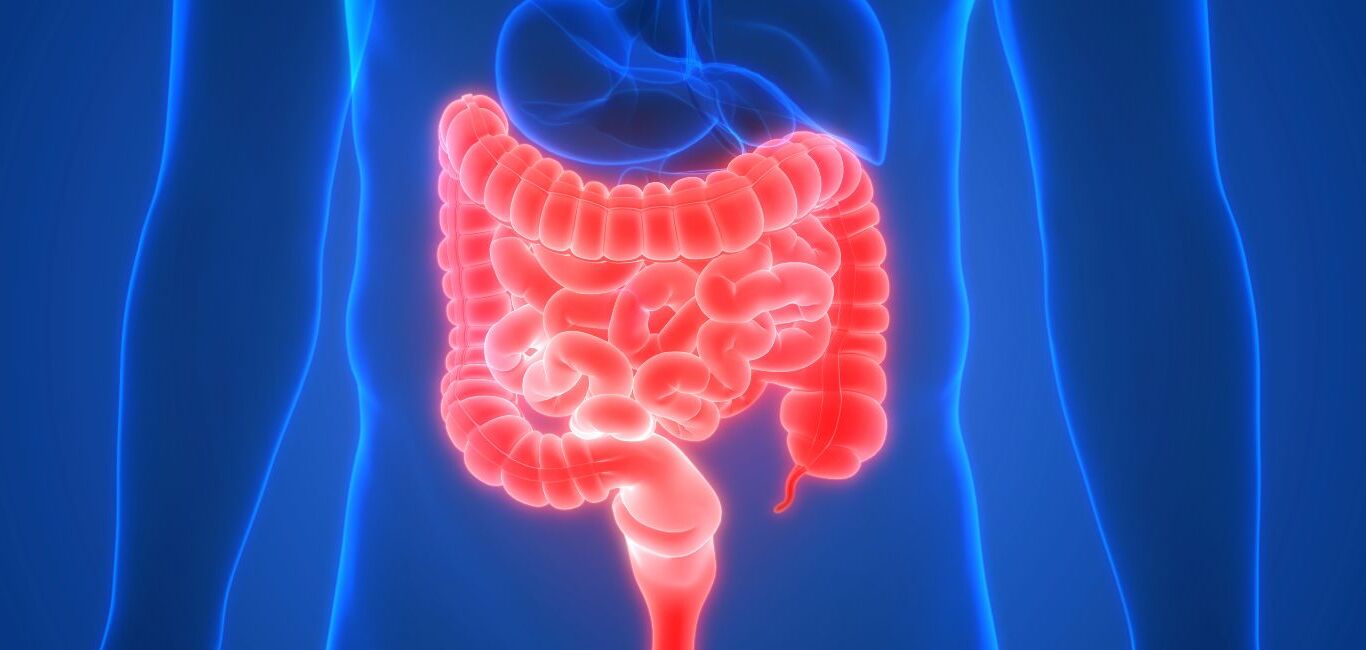
Short Bowel Syndrome (SBS) is a rare condition where a significant portion of the small intestine is missing or non-functional. This can lead to serious nutritional deficiencies and health complications. Did you know that SBS can be congenital or acquired through surgeries like those for Crohn's disease? People with SBS often struggle with absorbing nutrients, leading to issues like dehydration, malnutrition, and weight loss. Managing SBS usually involves a combination of dietary changes, medications, and sometimes even parenteral nutrition. Understanding SBS is crucial for those affected and their families, as it helps in navigating the challenges and improving the quality of life. Let's dive into 50 intriguing facts about Short Bowel Syndrome that will shed light on this complex condition.
Key Takeaways:
- Short Bowel Syndrome (SBS) can lead to severe health issues, including dehydration, malnutrition, and weight loss. It requires lifelong nutritional support and specialized medical care.
- Managing SBS involves dietary changes, medications, and sometimes surgery. Regular follow-ups with a gastroenterologist, nutritional counseling, and emotional support are crucial for living a healthy life with SBS.
What is Short Bowel Syndrome?
Short Bowel Syndrome (SBS) is a condition where the body can't absorb enough nutrients due to a lack of functional small intestine. This can lead to various health issues. Let's dive into some interesting facts about SBS.
- SBS often results from surgical removal of a large portion of the small intestine.
- Common causes include Crohn's disease, trauma, and congenital defects.
- Symptoms can range from diarrhea to malnutrition.
- People with SBS may need lifelong nutritional support.
- The small intestine is crucial for absorbing vitamins and minerals.
- SBS can affect both children and adults.
- The condition can lead to dehydration due to excessive fluid loss.
- Some patients may require intravenous feeding, known as parenteral nutrition.
- SBS can cause weight loss and muscle wasting.
- The condition can lead to deficiencies in fat-soluble vitamins like A, D, E, and K.
How is Short Bowel Syndrome Diagnosed?
Diagnosing SBS involves a combination of medical history, physical exams, and specialized tests. Here are some key points about the diagnosis process.
- Blood tests can reveal nutrient deficiencies.
- Stool tests help assess fat malabsorption.
- Imaging studies like CT scans can visualize the remaining intestine.
- Endoscopy may be used to examine the intestinal lining.
- A biopsy can help rule out other conditions.
- Doctors often monitor growth and development in children with SBS.
- Genetic testing might be necessary for congenital cases.
- A detailed dietary history is crucial for diagnosis.
- Hydration status is frequently assessed.
- Bone density tests can detect osteoporosis due to nutrient deficiencies.
Treatment Options for Short Bowel Syndrome
Managing SBS requires a multifaceted approach, including dietary changes, medications, and sometimes surgery. Here are some treatment facts.
- Specialized diets can help maximize nutrient absorption.
- Small, frequent meals are often recommended.
- High-calorie, high-protein diets are beneficial.
- Oral rehydration solutions can prevent dehydration.
- Medications like antidiarrheals can reduce fluid loss.
- Proton pump inhibitors may be prescribed to reduce stomach acid.
- Growth hormone therapy can enhance intestinal adaptation.
- Some patients benefit from probiotics.
- Surgical options include intestinal lengthening procedures.
- Intestinal transplants are considered in severe cases.
Living with Short Bowel Syndrome
Living with SBS involves ongoing medical care and lifestyle adjustments. Here are some insights into daily life with this condition.
- Regular follow-ups with a gastroenterologist are essential.
- Nutritional counseling helps manage diet effectively.
- Patients often need vitamin and mineral supplements.
- Hydration is a constant concern.
- Monitoring weight and growth is crucial for children.
- Emotional support is important for coping with chronic illness.
- Support groups can provide valuable resources and community.
- Advances in medical research are improving SBS management.
- Telemedicine is becoming a useful tool for remote monitoring.
- Awareness campaigns are helping to educate the public about SBS.
Complications Associated with Short Bowel Syndrome
SBS can lead to various complications, some of which can be life-threatening. Here are some potential issues.
- Bacterial overgrowth in the intestine can occur.
- Kidney stones are more common due to altered calcium absorption.
- Liver disease can result from long-term parenteral nutrition.
- Blood clots are a risk due to dehydration and nutrient imbalances.
- Bone fractures can happen due to osteoporosis.
- Gallstones may form because of changes in bile acid metabolism.
- Anemia is common due to iron and vitamin B12 deficiencies.
- Electrolyte imbalances can cause heart and muscle problems.
- Skin issues can arise from vitamin deficiencies.
- Chronic fatigue is a frequent complaint among SBS patients.
Final Thoughts on Short Bowel Syndrome
Short Bowel Syndrome (SBS) is a complex condition that affects nutrient absorption due to the loss of a significant portion of the small intestine. Understanding SBS helps in managing symptoms and improving quality of life. Key points include the importance of a tailored diet, regular medical check-ups, and potential treatments like medications or surgery.
Patients often face challenges like dehydration, malnutrition, and vitamin deficiencies. However, with the right support and medical care, many lead fulfilling lives. Awareness and education about SBS can make a significant difference for those affected.
If you or someone you know is dealing with SBS, consult healthcare professionals for personalized advice. Staying informed and proactive can help manage this condition effectively. Remember, every small step towards understanding and managing SBS counts.
Frequently Asked Questions
Was this page helpful?
Our commitment to delivering trustworthy and engaging content is at the heart of what we do. Each fact on our site is contributed by real users like you, bringing a wealth of diverse insights and information. To ensure the highest standards of accuracy and reliability, our dedicated editors meticulously review each submission. This process guarantees that the facts we share are not only fascinating but also credible. Trust in our commitment to quality and authenticity as you explore and learn with us.
